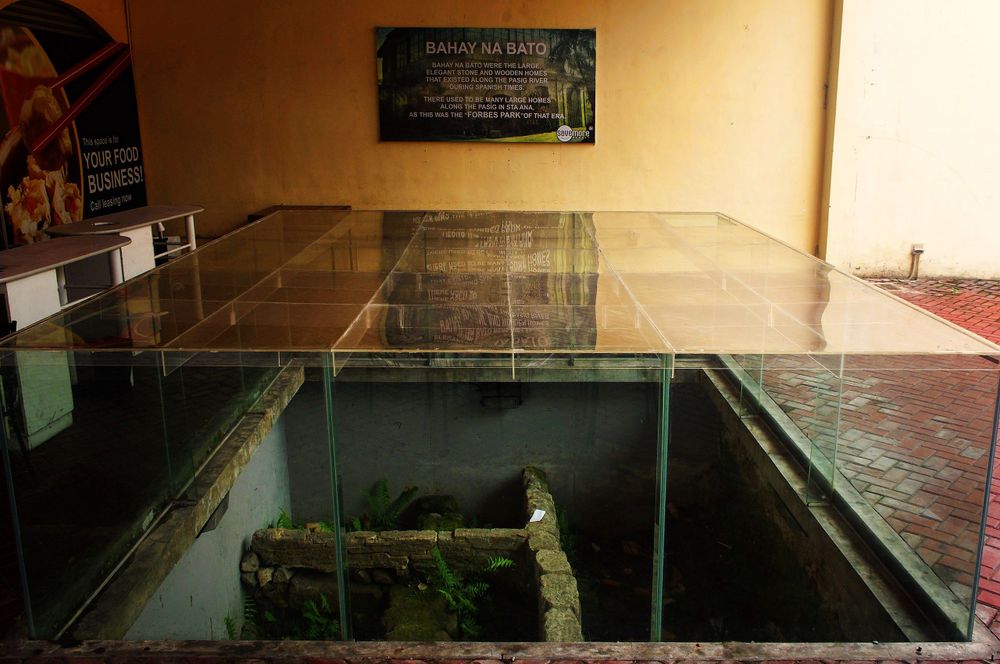
Gu Kur History - Empires and Civilizations
@gukur.bsky.social
29 followers
44 following
880 posts
Exploring the rise and fall of history's greatest powers, plus the untold stories that shaped our world.
Posts
Media
Videos
Starter Packs
Pinned















